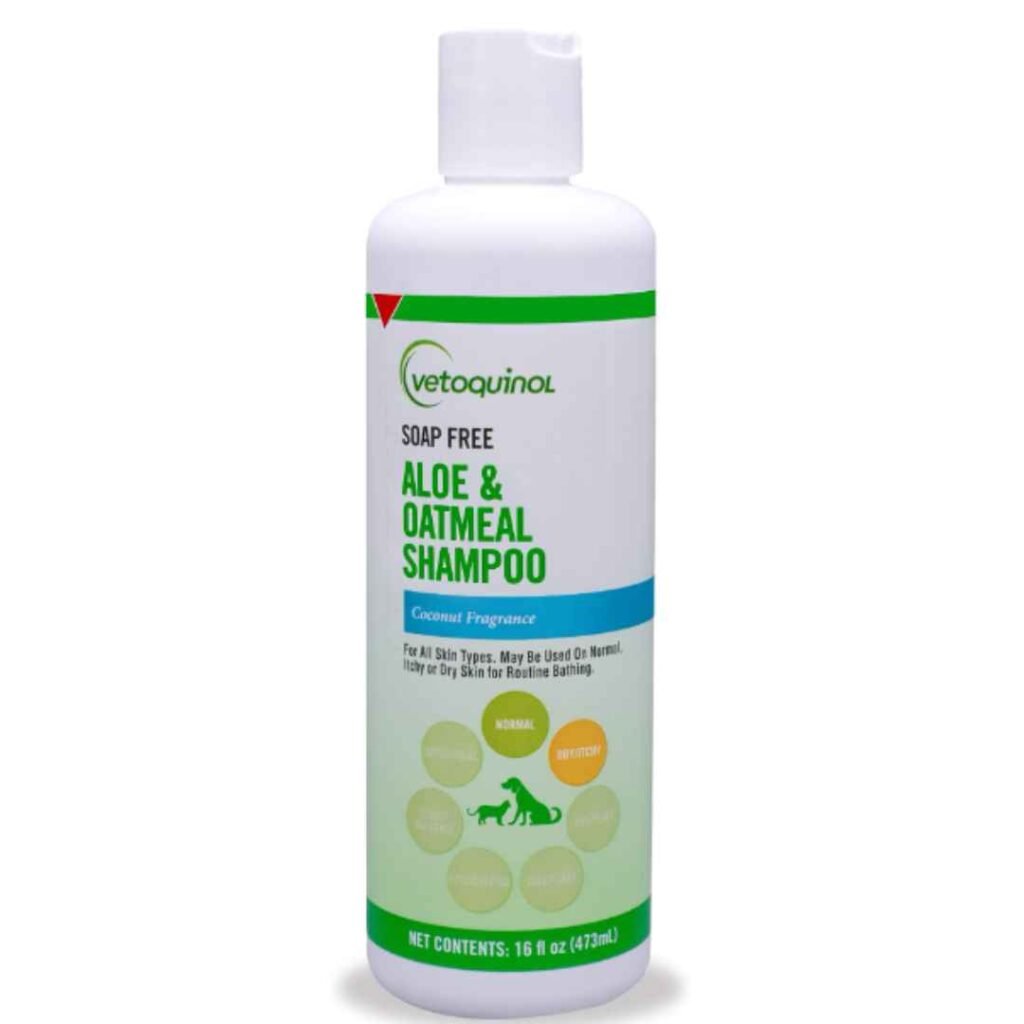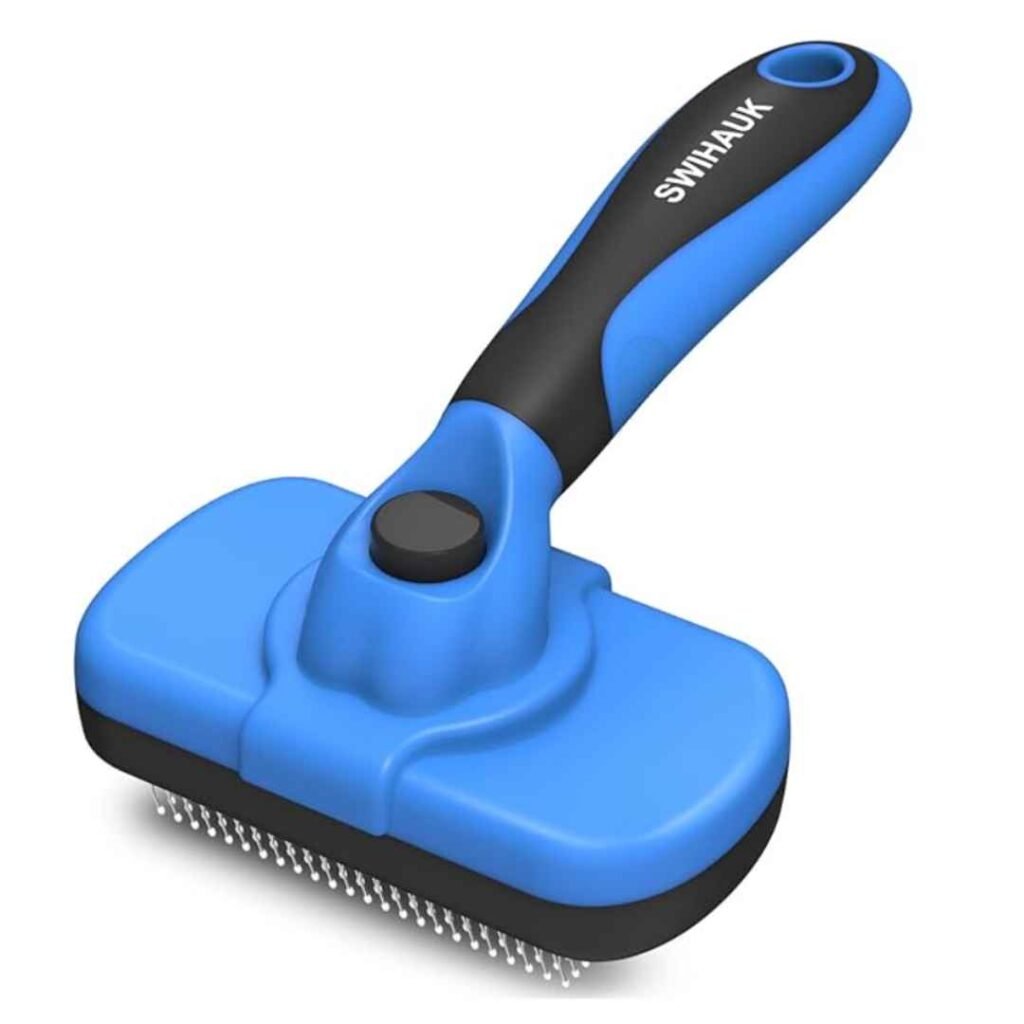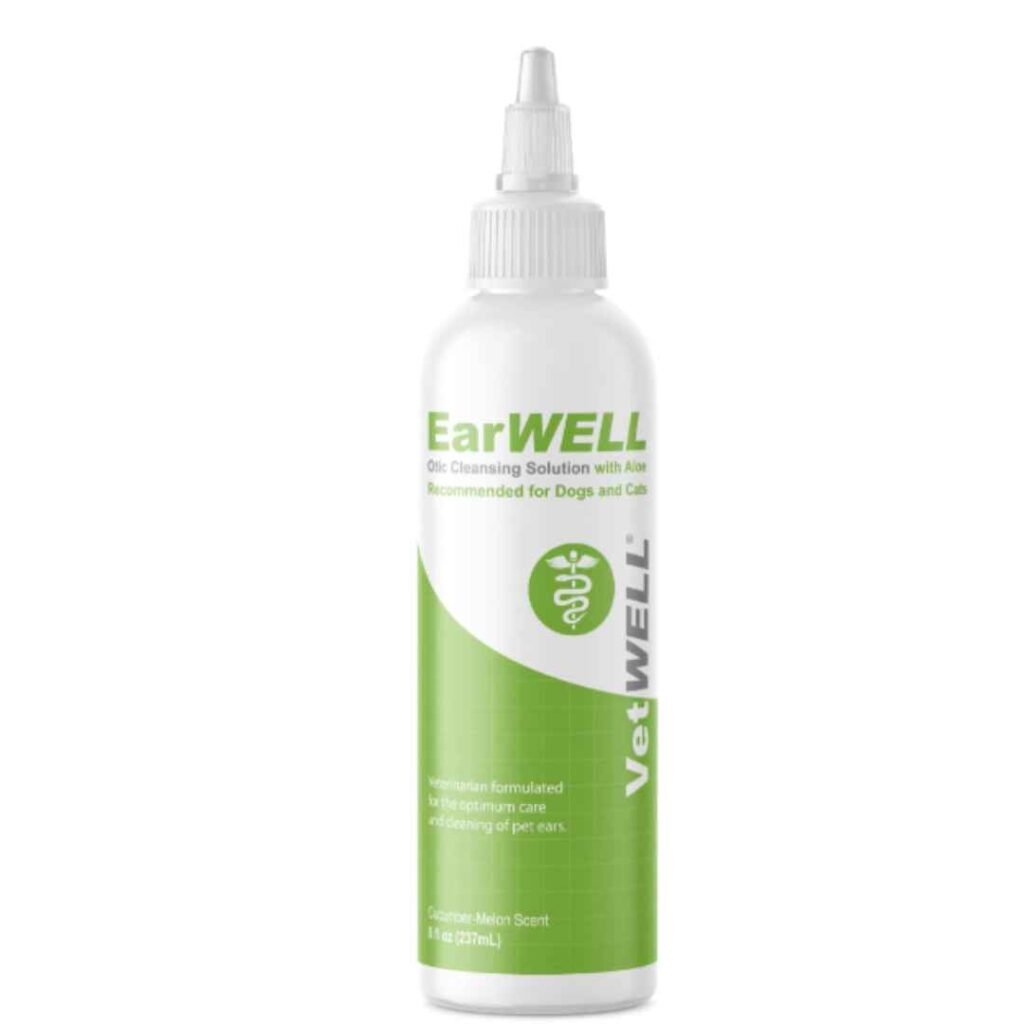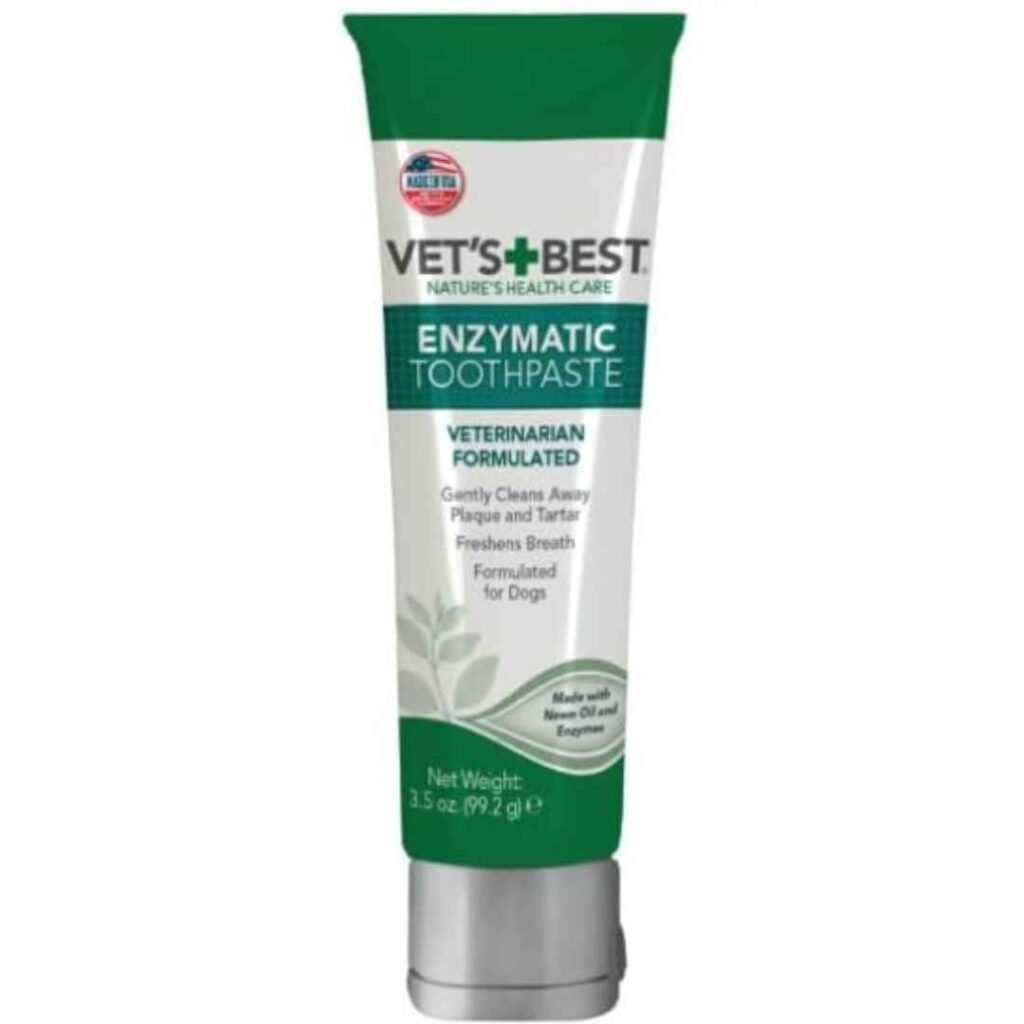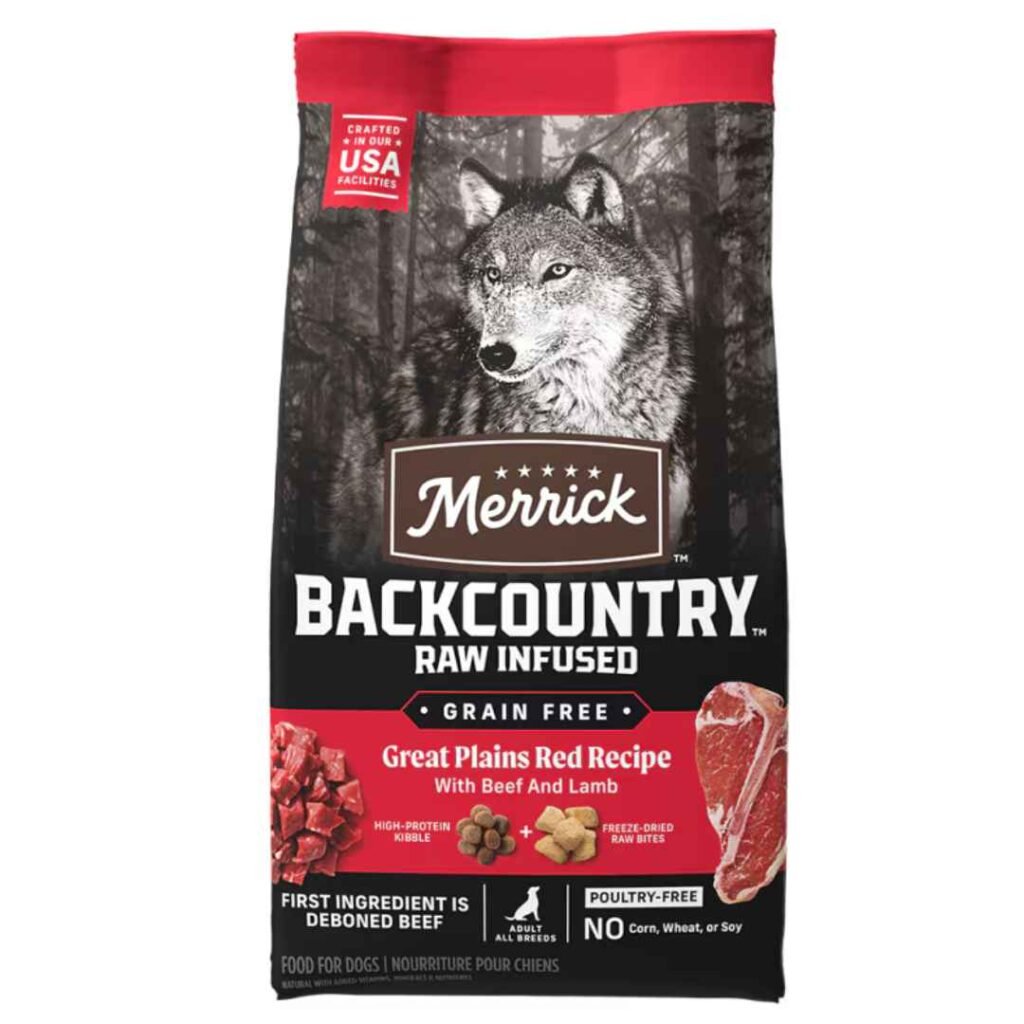Topics Covered in This Blog Post
Intro
When it comes to choosing the perfect companion dog, the Cavalier King Charles Spaniel stands out as one of the most beloved toy breeds. Known for their affectionate nature, graceful appearance, and intelligent personality, these charming dogs are the ideal pets for many families. However, like any breed, owning a Cavalier King Charles Spaniel comes with its own set of responsibilities. In this blog, we’ll dive into everything you need to know about these lovable pups, covering both the pros and cons to ensure you’re well-prepared for life with a Cavalier.

Physical characteristics of a cavalier
| Detail | Description |
|---|---|
| Breed Name | Cavalier King Charles Spaniel |
| Height | 12–13 inches (30–33 cm) |
| Weight | 13–18 pounds (6–8 kg) |
| Breed Group | Toy |
| Shedding Level | Moderate |
| Temperament | Affectionate, Friendly, Playful, Gentle |
| Energy Level | Moderate to High |
| Common Health Concerns | Heart disease (mitral valve disease), hip dysplasia, ear infections, syringomyelia |
History
The Cavalier King Charles Spaniel originates from England and has a rich connection to royalty, especially during the reign of King Charles II, who often travelled with several of these dogs. Introduced to Scotland in the 1500s by the Queens of Scots, Cavaliers quickly formed strong bonds with the royal family. Known for their affectionate and gentle nature, they make excellent companions for families, particularly those with children. The breed was developed less than a century ago from the English Toy Spaniel, which had served as a royal companion for centuries. After King Charles II’s death, the breed’s popularity waned in favour of shorter-faced breeds like pugs.
In the early 18th century, the red and white type known as Blenheims was used for hunting.In 1926, Roswell Eldridge offered a silver prize for the best male and female Blenheims, leading to the first breed standard being established in 1928 based on a dog named Anne’s Son. The Cavalier King Charles Spaniel was officially recognized by the American Kennel Club (AKC) in 1995.
How is it different from English Toy Spaniel?
The Cavalier and English Toy Spaniel share a similar history but diverged about 100 years ago.
Key Differences:
Size: Cavaliers weigh 13-18 pounds, while King Charles Spaniels are 9-15 pounds.
Ears: Cavaliers have higher-set ears and flat skulls, while King Charles Spaniels have domed skulls.
Muzzle: Cavaliers have longer muzzles.
Personality and Temprament

Cavalier King Charles Spaniels are a small yet elegant breed known for their friendly demeanor and expressive eyes with playful and gentle nature, making them great companions for families. They are affectionate and social. These dogs form deep bonds with their owners, and being left by themselves can lead to separation anxiety. These dogs are beautiful, with flowing coats, soulful eyes, and a graceful look that attracts dog lovers. Cavaliers do well in homes with children and get along with larger dogs and cats because they are calm and don’t typically bark excessively. However, children need to learn to treat animals with respect, as Cavaliers are sensitive and require understanding and care.
Cavalier King Charles Spaniel Common Health Issues
Like many purebred dogs, Cavaliers are susceptible to certain hereditary health conditions that potential owners should be aware of.
1. Mitral Valve Disease (Heart Condition)
One of the most concerning health issues in Cavaliers is Mitral Valve Disease (MVD). This heart condition begins with a heart murmur, which can eventually lead to heart failure. While MVD is common in many breeds, Cavaliers are particularly susceptible to it, and it can affect them at an early age—sometimes as young as two years old. Early detection through regular screening and careful breeding practices can help prevent the spread of this condition.
2. Dry Eye (Keratoconjunctivitis Sicca)
Cavalier King Charles Spaniels are also prone to dry eye (Keratoconjunctivitis Sicca), a condition in which the tear glands stop producing enough tears, leading to dry, irritated eyes. This can result in discomfort and, if untreated, may cause blindness. Early detection is key, and with proper treatment (such as daily eye drops), this condition can be managed effectively.
3. Cataracts and Other Eye Conditions
Cavaliers can also suffer from hereditary cataracts and other eye problems that can impair their vision. Regular eye exams can help identify these issues early, ensuring that appropriate treatment is provided. Even if blindness occurs, a Cavalier can still lead a happy life with the right adjustments at home.
4. Skin and Ear Infections
Infections can affect the skin and ears of Cavaliers, and keeping an eye on these areas is important for early detection. Regular grooming and bathing will allow you to check for redness, inflammation, or tenderness in the ears and skin, as well as any signs of infection, such as odour or discharge. Additionally, allergies—caused by factors like pollen or a change in washing powder—can lead to infections and irritations. Being vigilant can help prevent more serious health issues from developing.
Cavaliers can also suffer from Syringomyelia, a condition that affects the brain and spine, as well as hip dysplasia, luxating patella, and eye conditions like cataracts. Regular vet visits are crucial to catch any health issues early and ensure your Cavalier lives a long, healthy life.
Life Expectancy of a Cavalier King Charles Spaniel
The average life span of a Cavalier King Charles Spaniel ranges between 10 and 16 years. However, their lifespan can be significantly influenced by factors like genetics, diet, exercise, and preventive care. Being proactive with their health can help them live a longer, healthier life.
Are Cavalier King Charles Spaniels Hypoallergenic?
Where no dog breed is considered to be 100% hypoallergenic, there is no exception with Cavalier King Charles Spaniels. They are not considered hypoallergenic. These dogs have long, silky hair that requires regular grooming to prevent matting and tangling. In addition to this, they shed throughout the year, which means allergens can still be present in the environment, even with regular grooming.
Tips for Raising a Healthy and Happy Cavalier King Charles Spaniel
Socialize Early: To ensure your Cavalier grows up to be well-adjusted, expose them to various people, places, and situations from a young age.
Routine Health Checks: Regular vet visits and health screenings can help catch potential health problems before they become serious.
Provide Mental and Physical Stimulation: While Cavaliers don’t require excessive exercise, mental stimulation (through toys, puzzles, and training) is just as important to keep them happy.
Set Boundaries: Cavaliers are eager to please, but it’s important to set boundaries early. They need clear guidelines to thrive in their relationship with their human family members.
Grooming and Care

While Cavaliers’ long, silky coats are a thing of beauty, they do require regular grooming. Depending on your dog’s activity level and environment, brushing can range from daily to weekly, along with regular ear cleaning and occasional trimming between the paws. Keeping up with grooming will not only keep your Cavalier looking their best but will also contribute to their overall health.
Coat care
Bathing:
Cavalier King Charles Spaniels should be bathed every 4-6 weeks using a mild, dog-specific shampoo to avoid skin irritation. We recommend Vet Solutions Aloe & Oatmeal Shampoo for a gentle yet effective option.
Shop NowThis shampoo is designed to be mild on your dog’s skin, allowing for regular washes every two weeks or so. Plus, it has a delightful coconut scent that will leave your dog smelling fresh without being overpowering. This is a must-have product for keeping your pup clean and happy.
Brushing:
Regular brushing, a few times a week, helps prevent matting and keeps their coat shiny. Regular brushing is necessary for maintaining your dog’s coat, especially if you have a breed that sheds a lot, like Cavaliers. Here are two brushes you’ll want to consider:
Shop NowPrickly Brush (Wall and Brush): This brush is ideal for smoothing fur on more delicate areas such as your dog’s ears, stomach, and legs. Use it every day or every other day to ensure your dog’s coat remains neat and tangle-free.
Shop NowFurminator: This brush is perfect for shedding season when your dog sheds excess fur. It effectively removes the undercoat, especially during the change in seasons. However, don’t use this brush every day—limit it to every three days to avoid irritating your dog’s skin.
Moisturizing their skin, especially during colder months, is important to prevent dryness.
Ear Care
Ear care is especially important for dogs with pendulous ears, like Cavaliers. Regular care is important to prevent issues like infections and wax buildup. To keep their ears healthy, use a good-quality ear cleansing solution. We recommend the Burt’s Bees Ear Cleaner, which contains peppermint and witch hazel for ear care. This product is 99.8% natural, making it gentle on your dog’s ears.
Shop NowEye care
Cavalier King Charles Spaniels, with their large, expressive eyes, are prone to various eye conditions, including dry eye, cataracts, and Progressive Retinal Atrophy (PRA). Regular cleaning around the eyes helps manage tear stains and prevents irritation. Routine vet check-ups are essential for early detection of eye issues. Watch for signs like redness, excessive tearing, or squinting, as these may indicate discomfort or infection. Preventative care, such as limiting exposure to irritants and protecting their eyes from UV rays, is key to maintaining their eye health.
Oral Health: Brushing Your Dog’s Teeth
Just like humans, dogs need proper dental care. Many pet owners often overlook this, but it’s essential for preventing bad breath and other oral health issues.
To care for your dog’s teeth:
Toothbrush: A dual-ended toothbrush with one end for puppies and the larger for adult dogs. Brush regularly to avoid plaque buildup.
Enzymatic Toothpaste: The Enzadent Vet Solution is an excellent option for cleaning your dog’s teeth. This poultry-flavored toothpaste helps break down tartar and plaque buildup. Dogs love the taste, so they’re more likely to enjoy the brushing process.
Shop NowRegular brushing—ideally every day or every other day—is key to ensuring your dog’s oral health.
Diet and Nutritions

As a responsible pet owner, it’s essential to understand your furry friend’s unique nutritional needs to ensure they live a long, healthy life. Cavalier King Charles Spaniels love food, but they are also prone to obesity and heart disease. Therefore, it is crucial to manage their calorie intake to prevent weight gain. It is essential to regulate their food intake by providing nutritious, high-quality food and adhering to a consistent feeding schedule. They require a diet that is well-balanced and offers the right mix of proteins, carbohydrates, and healthy fats—such as chicken fat or salmon oil—as well as essential vitamins and minerals.
Dietary Needs Based on Age
The nutritional requirements of your Cavalier King Charles Spaniel will vary depending on their age. Puppies, adults, and senior dogs all have distinct needs. Cavalier King Charles Spaniel puppies need a diet that helps them grow and develop. It is best to feed them puppy food made for small breeds. As your Cavalier grows up, their diet must change. Transition them to a dog food made for adult small breeds. The food should have a good balance of high-quality protein, healthy fats, and carbohydrates. As Cavalier King Charles Spaniels age, they may move less, and their metabolism may slow down. It’s essential to feed them a diet made for senior dogs. These diets usually have less fat and include extra nutrients like glucosamine to help keep their joints healthy.
top 5 Dog Foods for Your Cavalier King Charles Spaniel: The Best Choices for Nutrition and Health
- Nutro Ultra is perfect for mature dogs needing lean protein and joint support.
- Taste of the Wild Appalachian Valley is great for dogs with food sensitivities.
- Merrick Grain-Free supports digestion and oral health.
- Solid Gold Mighty Mini is ideal for small dogs with sensitive stomachs.
Training and Socialization

Cavalier King Charles Spaniels are intelligent and eager to please, making them very easy to train. They rank 44th out of 137 breeds in intelligence and excel in obedience training, learning tricks, and participation in dog sports and therapy work.
Early socialization and puppy training classes are highly recommended to help them develop good manners and adapt to different situations. These dogs respond well to positive reinforcement, thriving on praise, affection, and an enthusiastic approach during training.
In terms of exercise, Cavaliers have moderate needs, typically requiring about an hour of daily activity. They are well-suited for individuals with a more relaxed lifestyle or older adults, as their exercise routine can be met with daily walks, playtime, and short jogs. Their desire to please and quick learning ability further enhance their training experience, making them a delightful companion for any owner.
How much does a cavalier cost?
Puppy Price: The price of a Cavalier King Charles Spaniel puppy generally ranges from $2,200 to $2,400.
Ongoing Expenses: In addition to the initial purchase cost, you will also have ongoing costs for food, healthcare, grooming, and other needs.
Is Cavalier a good fit for my lifestyle?
The Cavalier King Charles Spaniel is a wonderful breed for families, those with a quieter lifestyle, or individuals looking for a companion dog. Their moderate exercise needs and gentle, affectionate temperament make them ideal for households with children and in apartment living. However, they require a lot of attention and can become anxious if left alone for long periods, which makes them less suitable for people with hectic schedules. Additionally, their grooming needs might be a consideration for potential owners who may not have the time to maintain their coats.
So, if you’re looking for a loving, gentle companion and have the time to provide attention and grooming, the Cavalier could be a great fit. But if you have a busy work schedule or need a dog for protection, you might want to consider other breeds.
If you enjoyed this post, you will love diving into

